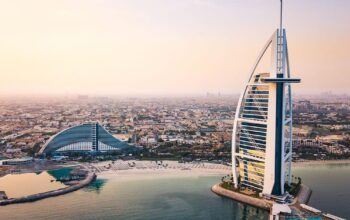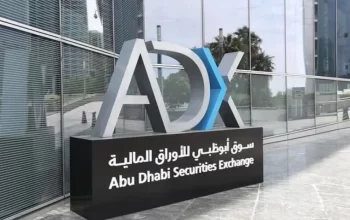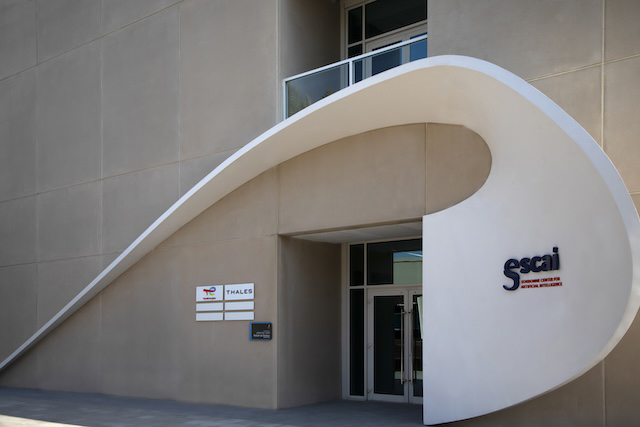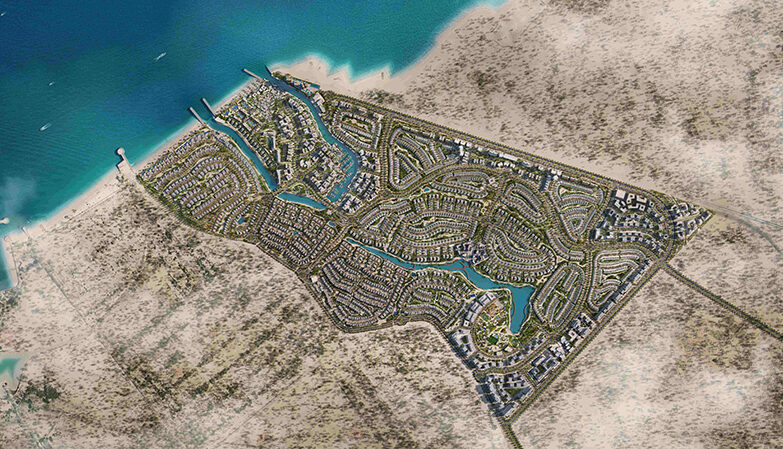Large-scale events at DWTC generated a total economic output of AED 18.3Bn, with a remarkable 10.5Bn retained as Gross Value Added to Dubai’s GDP;
Every dirham invested at DWTC for events generated 8 times economic output across the wider economy;
International visitors’ participation soared by 53%, driving significant GDP impact for adjacent sectors like travel, accommodation and retail
DWTC events supported over 69,000 jobs, generating AED 3.36Bn in disposable household income for the city
Dubai, United Arab Emirates, 20 May 2024: Dubai World Trade Centre (DWTC), the global events and exhibitions industry leader and business enabler, has continued its trajectory of driving substantial impact for Dubai’s economy. Against the backdrop of the ambitious Dubai Economic Agenda D33 – aiming to secure the city’s status as one of the top three global destinations for business and travel by 2033, DWTC’s international leadership in the Meetings, Incentives, Conferences, and Exhibitions (MICE) sector continues to play a pivotal role in reinforcing Dubai’s position as a powerhouse of economic activity and innovation.
DWTC’s 2023 Economic Impact Assessment (EIA) Annual Report underscores the company’s sustained contribution to the city’s GDP, especially highlighting the remarkable surge in Total Economic Output of AED 18.28Bn from 76 large-scale Exhibitions, International Association Conventions, and Industry Conferences (of the total 301 exhibitions and events in 2023). Notably, the Gross Value Added (GVA) to Dubai’s GDP by these large-scale events amounted to AED 10.53Bn, representing 58% of the total economic output being retained within the local economy, fostering 69,281 jobs and generating AED 3.36Bn in disposable income.
The 76 large-scale business events hosted, organised and delivered by DWTC attracted 1.54 million attendees, with 46% being international attendees. In absolute terms, this reflects a remarkable 53% year-on-year increase in foreign attendance, further cementing Dubai’s growing dominance and heightened relevance in the increasingly borderless world of business. Beyond the impressive domestic economic implications of these statistics, activities at DWTC not only provided a platform for businesses and individuals to connect, collaborate, and innovate, but also facilitated wider trade and business output for the global business community.
His Excellency Helal Saeed Almarri, Director General, DWTC Authority, said: “Guided by the vision of His Highness Sheikh Mohammed bin Rashid Al Maktoum, Vice President, Prime Minister and Ruler of Dubai, Dubai World Trade Centre stands as a symbol of innovation and economic advancement. Aligned with Dubai’s Economic Agenda D33, we continue to spearhead sector diversification efforts, reinforcing the city’s stature as a leading global business hub”.
“The remarkable accomplishments of 2023, presented in the ‘DWTC Economic Impact Report’ demonstrate that Dubai’s MICE sector, driven by DWTC, remains a vital pillar of financial resilience and growth underscoring our accelerated strides towards sustainable socio-economic development. The increase in international participation, along with the significant economic impact generated across diverse sectors such as travel, accommodation and retail, highlights the city’s steadfast commitment to propelling business tourism.”
Adjacent sectors drive increased GDP impact
2023’s unprecedented results, attributed to the increased number of large-scale events and international business visitors, resulted in remarkable growth and higher spending across MICE business services and adjacent industry sectors. Direct revenue generated through expenditure in adjacent sectors reached over AED 10.81Bn. The key sectors in the domestic economy that benefited were Hotel Accommodation (AED 2.96Bn, 54% YOY growth), Air Travel and Local Transport (AED 2.64Bn, 20% YOY growth), Retail (AED 1.97Bn, 71% YOY growth), Restaurants (AED 1.71Bn, 51% YOY growth), and Business Entertainment (AED 1.31Bn, 27% YOY growth).
According to the Economic Impact Report, the large-scale events at DWTC supported a total of 69,281 jobs and generated an aggregate AED 3.36 billion in disposable household income, demonstrating the significant impact of high value- adding sectors, like Dubai’s MICE industry, to the local economy.
Rise in international participation at DWTC events
Dubai’s status as a premier international MICE destination, coupled with DWTC’s robust events calendar, has been instrumental in drawing the global business community in record numbers to the city. International participants deliver a higher ‘tourism’ related direct economic impact, linked to their increased daily spends with local businesses, longer stays in hotels, and by travelling with colleagues or family members (companions). The notable 53% YOY increase in international participants yielded significant contribution to Dubai’s GDP, with an average participant spend of AED 10,313 per event, which is 6.2 times higher than that of local participants. This reflects the value beyond the MICE sector, as DWTC’s performance in 2023 directly contributed to increased economic activity across Air Travel and Local Transport; Hotel Accommodation; Retail; Restaurants and Business Entertainment.
DWTC’s large-scale events boost economic impact
76 large-scale events (2,000 or more attendees), generated sales of approximately AED 2.33Bn within the MICE sector, resulting in nearly 8 times that value in economic output. This means that for every dirham invested by an organiser or attendee at a DWTC event, it generates eight times in sales value for the broader Dubai economy.
The success of DWTC’s own events and exhibitions such as GITEX Global and Gulfood, which generated AED 7.22Bn in economic output and AED 4.15Bn in GVA – a 53% increase over 2022 – reflects DWTC’s unparalleled expertise in delivering world-class events that resonate with global audiences.
Top performing events highlight Dubai’s sector diversity
Sector diversity was evident in the top-performing events hosted at DWTC, with a robust portfolio featuring innovative large-scale exhibitions, conventions, and conferences aligned with Dubai economic agenda’s key priority verticals. ‘Healthcare, Medical, and Scientific’, ‘Information Communications Technology (ICT)’, and ‘Food, Hotel, and Catering’ stood out as the top three sectors, collectively accounting for 59% (AED 6.27Bn) of the GVA to Dubai’s economy. These three sectors combined attracted 49% (747,468) of total event attendees and 60% (430,122) of all international visitors, underscoring their significance. In 2023, the ICT events welcomed 259,837 visitors and generated a GVA of AED 2.22Bn, while Healthcare, Medical, and Scientific events attracted 261,348 attendees, contributing to a combined GVA of AED 2.17Bn whereas the Food, Hotel and Catering events attracted 226,283 attendees and generated a GVA of AED 1.87Bn.
“Moving forward, DWTC remains dedicated to shaping the future of Dubai’s business tourism and trade. We are unwavering in our commitment in ensuring Dubai remains a front-runner in the global events and exhibitions landscape, fostering new avenues for collaboration, knowledge sharing, and sustainable development,” concluded His Excellency Almarri.
Methodology
Backed by robust financial data and a statistically valid primary survey of over 15,000 samples, the study undertaken by DWTC analysed the impact of direct spends by individuals and organisations participating in large-scale events (over 2,000 attendees). In addition, the model also quantified the impact of incremental economic outputs in the adjacent sectors that are involved in catering to the increase in demand triggered by the events, as well as the amplified production and consumption effects created through the entire supply chain in the economy, triggered by the initial direct spends. This conservative assessment excludes any impacts contributed by capital investments and any trade between event attendees generated during or post the events.
To quantify the total economic output, the study considers the impacts from the “direct” investments by organisers, exhibitors, and attendees to events at DWTC, as well as the “indirect” impact on the industry supply chain and the “induced” impact driven by the resultant increase in household income of the local population.









